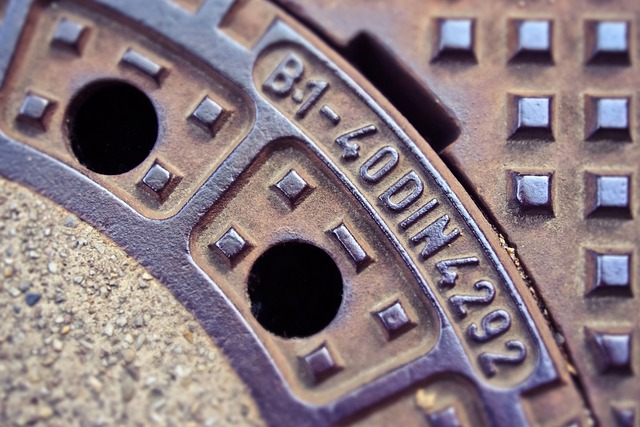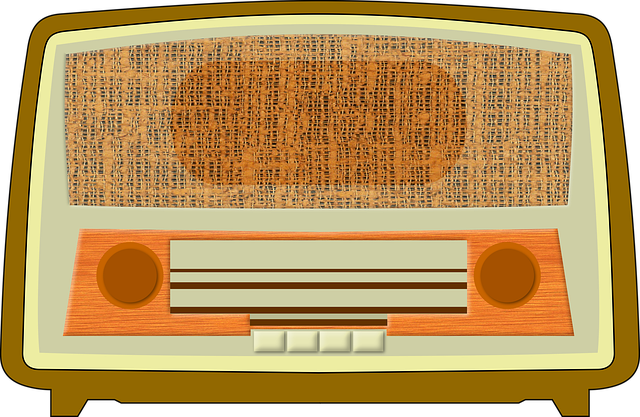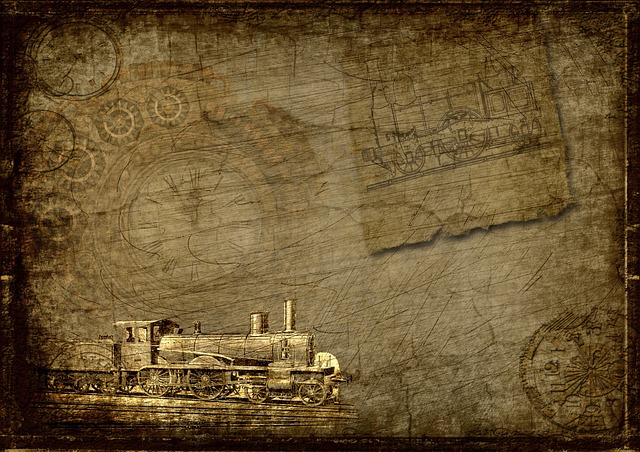UK authorities rely on precise patent translations from specialized services to assess and protect scientific inventions. These services employ linguistically skilled translators with technical expertise, ensuring accurate representations of complex concepts crucial for invention understanding, novelty, and legal protections. Leveraging advanced tools like machine learning algorithms, these services maintain rigor, speed, and accuracy while preserving industry-specific terminology and legal nuance, facilitating effective entry into the UK market.
In the fast-paced world of scientific innovation, ensuring the accuracy of patent translations is paramount for UK authorities. This article delves into the critical importance of precise translations in safeguarding intellectual property rights for scientific inventions within the UK. We explore the role of translation services, key considerations for quality, and best practices to maintain rigor in the patent translation process. Understanding these factors is essential for both inventors and regulatory bodies alike to protect their innovative contributions effectively.
- Understanding the Importance of Accurate Patent Translations for UK Authorities
- The Role of Translation Services in Protecting Scientific Inventions in the UK
- Key Considerations for Ensuring High-Quality Patent Translations
- Assessing and Improving Accuracy in UK Patent Translation Services
- Best Practices for Maintaining Rigor in Patent Translation Process
Understanding the Importance of Accurate Patent Translations for UK Authorities

For UK authorities, ensuring accurate patent translations is paramount when evaluating scientific inventions for protection and approval. The precision of these translations directly impacts the understanding of invention details, its novelty, and potential impact on existing patents—all critical factors in the patent examination process.
Inventions within scientific fields often involve complex terminology and intricate concepts. Professional translation services specializing in UK patent applications for scientific inventions are essential to bridge this linguistic gap. These services employ expert translators who not only grasp the nuances of technical language but also have a deep understanding of the patent law framework, ensuring that translations are legally sound and conform to UK regulatory standards.
The Role of Translation Services in Protecting Scientific Inventions in the UK

The accuracy and quality of patent translations play a pivotal role in safeguarding scientific inventions within the United Kingdom (UK). As the UK is a hub for innovative research and development, ensuring that patent documents are translated with precision is essential to protect intellectual property rights. Translation services for UK patents for scientific inventions serve as a critical line of defence against potential infringements and misrepresentations.
These professional translation services employ linguists who possess specialized knowledge in both the source and target languages, as well as an understanding of technical jargon and terminology specific to various scientific fields. By adhering to strict quality assurance protocols, they guarantee that patent translations are not only linguistically correct but also convey the exact meaning intended by the inventor or researcher. This meticulous approach is vital to maintain the integrity of scientific disclosures and ensure that inventions are legally protected throughout their lifecycle, from initial filing to ongoing maintenance and potential licensing agreements.
Key Considerations for Ensuring High-Quality Patent Translations

When it comes to patent translations for UK authorities, accuracy is paramount. High-quality translation services for scientific inventions play a crucial role in ensuring that intricate ideas and innovations are accurately represented in multiple languages. Key considerations for achieving this precision include:
First and foremost, choosing a reputable translation service with expertise in the field of scientific patents. Look for providers who employ linguists with not just strong language skills but also a deep understanding of technical jargon and terminology specific to inventions. Additionally, leveraging advanced translation tools and technologies can significantly enhance accuracy, especially when dealing with complex texts. These tools often include machine learning algorithms that adapt to industry-specific language use, ensuring consistent and precise translations across various patent documents.
Assessing and Improving Accuracy in UK Patent Translation Services

Assessing and improving accuracy in UK patent translation services for scientific inventions is paramount to ensure their integrity and effectiveness. This involves rigorous quality control measures, including native language expertise, industry-specific terminology, and adherence to legal nuances. Professional translation companies specializing in patent work employ advanced tools like machine translation and post-editing, which can significantly enhance speed and accuracy while maintaining the precision required for such technical documents.
Regular reviews and feedback from experts in the field are crucial to refining these services. By comparing translations with original texts, identifying discrepancies, and updating glossaries and memory databases, translation providers can continuously improve their performance. This iterative process not only boosts the overall accuracy of UK patent translations but also helps in navigating the complex landscape of scientific inventions, ensuring that all critical details are conveyed accurately for regulatory compliance and legal protection.
Best Practices for Maintaining Rigor in Patent Translation Process

Maintaining rigor in the patent translation process is paramount, especially for scientific inventions seeking protection in the UK market. To ensure accuracy, translation services for UK patents must adhere to stringent best practices. First and foremost, only qualified translators with expertise in both the source and target languages should handle such specialized content. These experts should also possess a solid understanding of scientific terminology specific to the field of the invention.
Additionally, utilizing advanced translation technologies, like machine translation tools coupled with human review, can significantly enhance accuracy and efficiency. It’s crucial to validate translations against industry standards and relevant patent databases to ensure no critical information is lost or misinterpreted during the localization process. Regular quality assurance checks at each stage of translation also help in catching and rectifying errors early on.
Accurate patent translations are paramount for protecting scientific inventions within the UK. As innovations continue to globalize, reliable translation services play a crucial role in ensuring that inventors’ rights are safeguarded across borders. By adhering to best practices and rigorously assessing translation quality, UK authorities can maintain a robust system for safeguarding intellectual property, fostering scientific advancement, and facilitating international collaboration. Translation services for UK patents for scientific inventions must remain vigilant in their accuracy to support the dynamic landscape of modern research and development.
